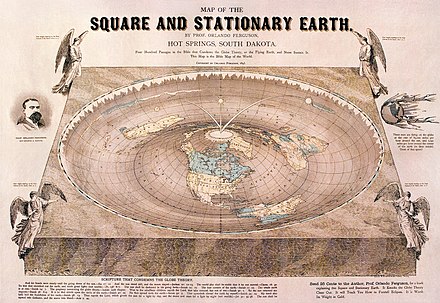Michael A. Peters
Michael A. Peters (FRSNZ) is a New Zealander and is currently Distinguished Professor at Beijing Normal University and Emeritus Professor University of Illinois Urbana-Champaign. He was awarded a Personal Chair at the University of Auckland in 2000 and became a Research Professor at the University of Glasgow (2000-2006) before being appointed Excellence Hire Professor at Illinois and Professor of Education at the University of Waikato. He has Honorary Doctorates from Aalborg University, Denmark and SUNY, New York.
Michael was Editor-in-Chief of Educational Philosophy and Theory for 25 years and is currently Editor of Beijing International Review of Education (Brill). He is the founding editor of Policy Futures in Education (Sage); E-Learning & Digital Media (Sage); Knowledge Cultures (Addleton); Open Review of Educational Research (Taylor & Francis); Video Journal of Education and Pedagogy (Brill) and on the board of many other journals and book series.
Michael has written over 120 books and many journal articles on a wide range of topics and has worked with and mentored many younger scholars. He was given the Social Science and Humanities Leader in China Award in both 2022 and 2023 (Research.com) and is ranked 1st in China and 5th in Asia for Education and Educational Philosophy and Theory (AD Scientific Index, 2023). He is also ranked in the World’s Top 2% of Scientists by Stanford University. His recent works includes two books on the apocalyptic and post-apocalyptic philosophy to be published in 2024.







